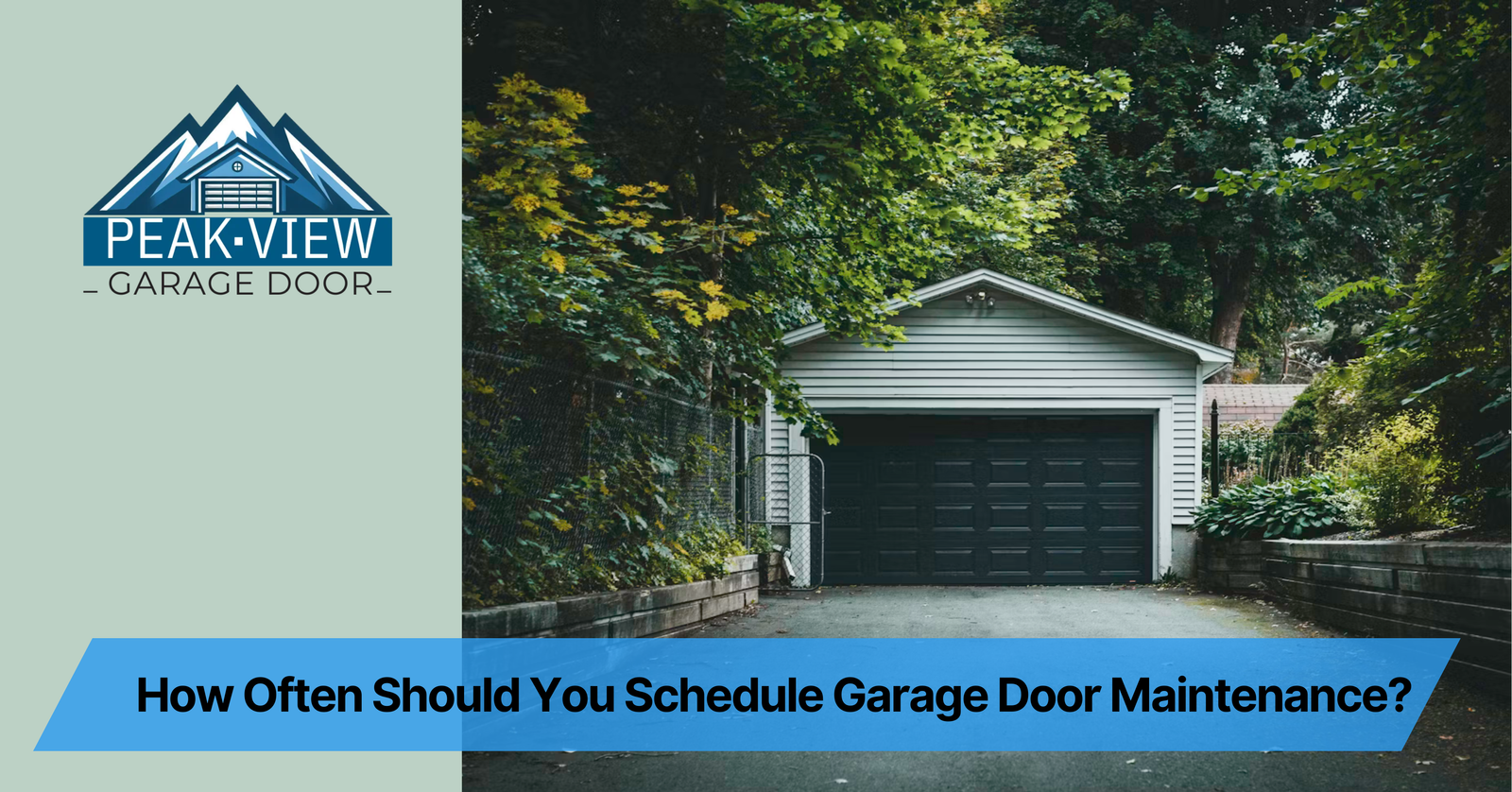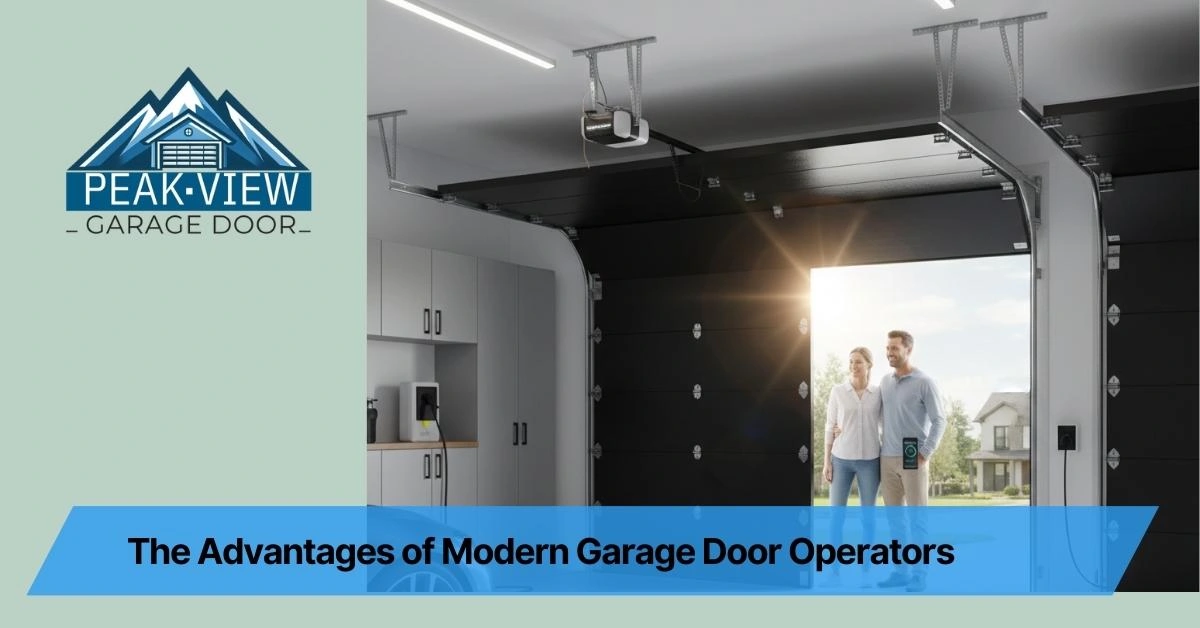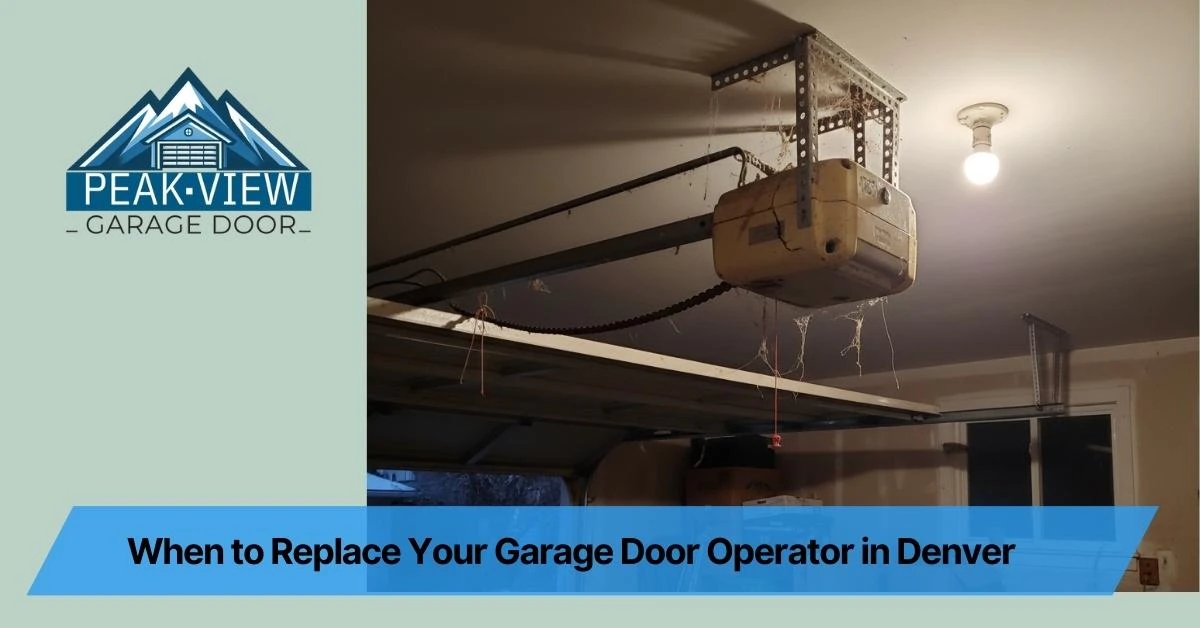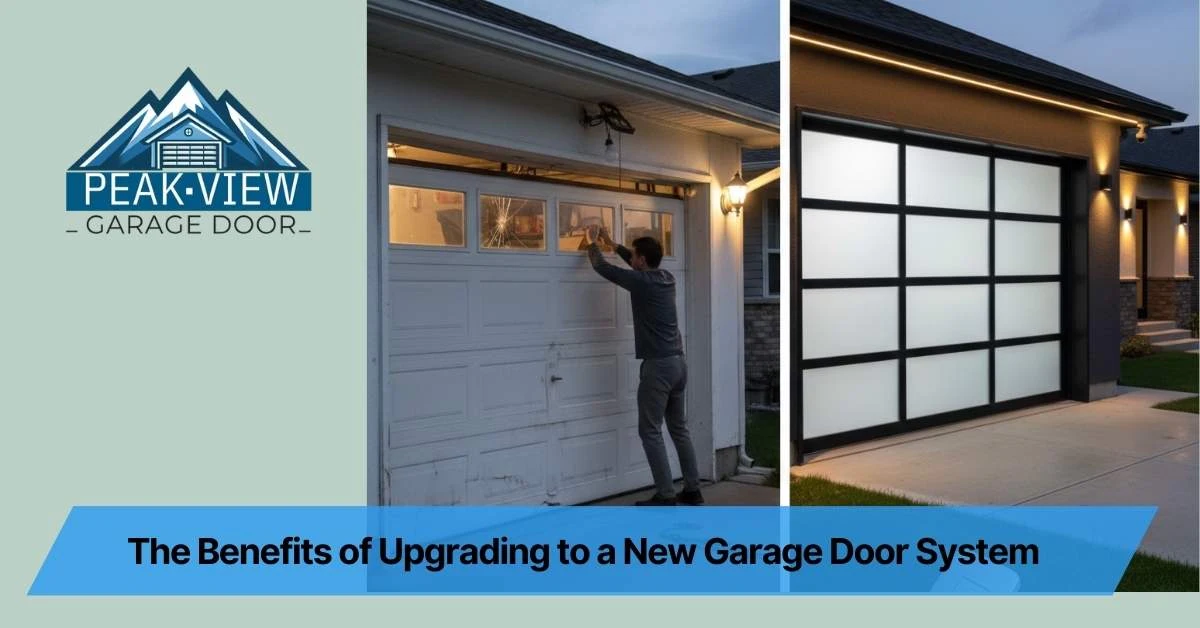A garage door is one of the most frequently used entry points in a home, providing security, convenience, and curb appeal. Given its constant use and exposure to weather elements, regular maintenance is essential to keep your garage door functioning smoothly and to prevent costly repairs. But how often should you schedule garage door maintenance? Understanding the ideal maintenance frequency can extend the life of your door, enhance safety, and ensure reliable operation.
Why Regular Garage Door Maintenance Matters
Garage doors are complex systems with many moving parts, including springs, rollers, cables, hinges, and the operator (motor). Over time, these components experience wear and tear from frequent use and environmental factors like rain, wind, dust, and temperature changes. Without routine maintenance, minor issues can escalate into serious problems, leading to breakdowns or even accidents.
Regular maintenance helps:
- Identify and fix minor issues before they become major repairs
- Keep the door operating quietly and efficiently
- Ensure the safety features are working properly
- Extend the lifespan of the garage door system
- Maintain smooth and balanced door movement
Recommended Garage Door Maintenance Schedule
Twice a Year: The Ideal Frequency
Experts generally recommend scheduling garage door maintenance twice a year, ideally during spring and fall. These seasons are perfect times for checks because they prepare your door for extreme weather conditions — the heat and humidity of summer and the cold, snow, and ice of winter.
- Spring Maintenance: Focuses on cleaning debris, lubricating moving parts, and inspecting for damage caused by winter weather.
- Fall Maintenance: Prepares the door for winter by tightening loose components, checking weather seals, and ensuring the opener and sensors are working properly.
Signs You May Need More Frequent Maintenance
Depending on your garage door usage and environmental conditions, you might require more frequent maintenance.
- High Usage: If your garage door is opened and closed multiple times daily, more frequent inspections (every 3-4 months) can prevent wear-related failures.
- Extreme Weather: Homes in areas with harsh winters, heavy rains, or salty coastal air might benefit from quarterly maintenance to protect against corrosion and damage.
- Older Garage Doors: Doors over 10-15 years old generally need more frequent checks due to natural aging of parts.
What Does Garage Door Maintenance Include?
Professional garage door maintenance covers a comprehensive inspection and servicing of all key components:
- Visual Inspection: Checking the door panels, springs, cables, rollers, and tracks for signs of wear, rust, or damage.
- Lubrication: Applying garage door lubricant to rollers, hinges, springs, and other moving parts to reduce friction and noise.
- Balance Test: Ensuring the door is balanced correctly to avoid strain on the opener and other parts.
- Safety Sensor Check: Testing auto-reverse and photo-eye sensors to ensure the door reverses if an obstruction is detected.
- Opener Inspection: Evaluating the motor, remote controls, and wall switch for proper functioning.
- Tightening Hardware: Securing loose bolts and screws to maintain door stability and safety.
DIY Maintenance Tips Between Professional Visits
While professional maintenance is recommended twice yearly, homeowners can perform basic upkeep to keep their garage door in good shape:
- Keep Tracks Clear: Remove dirt, debris, and any obstructions from tracks regularly.
- Visual Checks: Look for frayed cables, worn rollers, or damaged weather seals.
- Lubricate Moving Parts: Apply silicone-based lubricant every few months (avoid grease).
- Clean the Door: Wash exterior panels to prevent dirt buildup and rust.
The Risks of Skipping Maintenance
Neglecting regular garage door maintenance can lead to:
- Unexpected Breakdowns: Components like springs or cables may snap, causing the door to stop working.
- Safety Hazards: Faulty sensors or misaligned doors increase the risk of accidents or injuries.
- Costly Repairs: Minor issues ignored early often result in expensive repairs or full replacements.
- Increased Energy Costs: Damaged weather stripping or poor door alignment can lead to heat or cold air loss.
- Noise and Vibration: Lack of lubrication causes noisy, jerky door operation.
Choosing the Right Garage Door Maintenance Service
When selecting a professional service, consider:
- Experience and Certification: Choose companies with licensed technicians and proven expertise.
- Comprehensive Service Packages: Look for inspections, lubrication, safety checks, and repairs.
- Customer Reviews: Positive feedback and testimonials signal reliability.
- Warranty and Guarantees: A service provider offering guarantees reflects confidence in their work.
- Emergency Services: Availability for urgent repairs adds peace of mind.
Conclusion
Scheduling regular garage door maintenance at least twice a year is essential for safety, reliability, and longevity. Frequent inspections help catch minor issues early, avoid unexpected failures, and maintain smooth operation. Homeowners with high usage, harsh climates, or older doors should consider more frequent servicing to protect their investment.
For professional garage door maintenance services tailored to your needs, contact Peak View Garage Door. Our certified technicians ensure your garage door stays safe, efficient, and trouble-free year-round.







One Response